Elvis Costello and The Attractions - All This Useless Beauty (2001 Remastered 2CD Edition)
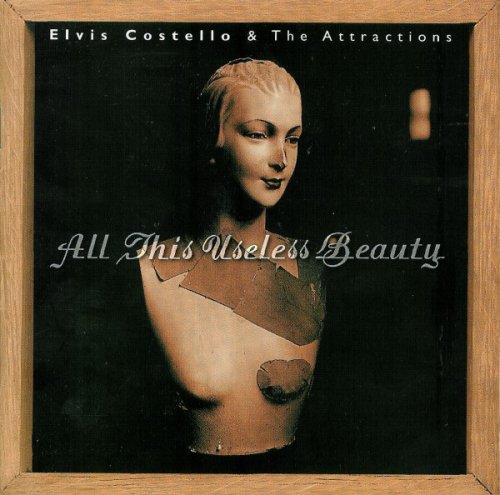
Artist: Elvis Costello and The Attractions
Title: All This Useless Beauty
Year Of Release: 2001 (1996)
Label: Rhino R2 74284
Genre: Adult Alternative Pop/Rock, Singer-Songwriter
Quality: FLAC (tracks+.cue,log,scans) / 320 kbps
Total Time: 01:56:30
Total Size: 963/553 MB
WebSite: Album Preview
Tracklist:Title: All This Useless Beauty
Year Of Release: 2001 (1996)
Label: Rhino R2 74284
Genre: Adult Alternative Pop/Rock, Singer-Songwriter
Quality: FLAC (tracks+.cue,log,scans) / 320 kbps
Total Time: 01:56:30
Total Size: 963/553 MB
WebSite: Album Preview
Disc One: The Album (00:48:18)
01. The Other End of the Telescope (Elvis Costello / Aimee Mann) 04:08
02. Little Atoms 03:59
03. All This Useless Beauty 04:40
04. Complicated Shadows 04:44
05. Why Can’t a Man Stand Alone? 03:16
06. Distorted Angel 04:35
07. Shallow Grave (Elvis Costello / Paul McCartney) 02:04
08. Poor Fractured Atlas 03:59
09. Starting to Come to Me 02:44
10. You Bowed Down 04:56
11. It’s Time 06:00
12. I Want to Vanish 03:14
Disc Two: Bonus Materials (01:08:12)
01. Almost Ideal Eyes 04:24
02. My Dark Life [with Brian Eno] 06:25
03. That Day Is Done [with The Fairfield Four] (Elvis Costello / Paul McCartney) 05:11
04. What Do I Do Now 04:30
05. The Bridge I Burned 05:23
06. It’s Time [Demo] 04:00
07. Complicated Shadows [Demo] 02:28
08. You Bowed Down [Demo] 04:21
09. Mistress and Maid [Demo] (Elvis Costello / Paul McCartney) 02:20
10. Distorted Angel [Demo] 02:34
11. World's Greatest Optimist [Demo] (Elvis Costello / Aimee Mann) 02:35
12. The Only Flame in Town [Demo] 04:15
13. The Comedians [Demo] 03:10
14. The Days Take Care of Everything [Demo] 04:00
15. Hidden Shame [Demo] 03:59
16. Why Can’t a Man Stand Alone [Demo] 03:01
17. Distorted Angel [Tricky Remix] 05:36
As other double-disc reissues, this edition offers the songwriter's insightful commentary and background information about the album.
Following his second covers album, Kojak Variety, Elvis Costello set out to assemble a collection of songs he had written for other artists but never recorded himself—sort of a reverse covers album. As it turned out, that idea was only used as a launching pad—the resulting album, All This Useless Beauty, is a mixture of nine old and three new songs. Given its origins, it’s surprising that the record holds together as well as it does. The main strength of All This Useless Beauty is the quality of the individual songs—each song can stand on its own as an individual entity, as the music is as sharp as the lyrics. Although the music is certainly eclectic, it’s accessible, which wasn’t the case with Mighty Like a Rose. Furthermore, the production is more textured and punchier than Mitchell Froom’s botched job on Brutal Youth. All This Useless Beauty doesn’t quite add up to a major statement, but the simple pleasures it offers makes it one of the more rewarding records of the latter part of Costello’s career.
Arriving at the end of his stint at Warner Bros., All This Useless Beauty is one of Elvis Costello’s overlooked records, which is a shame since it’s a fine album—a clearing-house of old songs, tunes he co-wrote with other artists (who recorded them initially), and songs he had written for other songs and brand new artists. It’s a wild, diverse record that showcases not just his strengths as a songwriter, but the depth of his catalog—particularly since he was tying up a lot of loose ends, working with new collaborators, and finishing off old songs, while putting an end to the Attractions. There were a lot of songs that didn’t make it to the record for various reasons, most notably the B-side “Almost Ideal Eyes” and “My Dark Life,” a superb collaboration with Brian Eno that later surfaced on an X-Files soundtrack. Then, when the album started failing on the charts, Costello dreamed up the idea of weekly singles with new B-sides, including covers of songs from the album by contemporary artists (including Sleeper and Lush). Among these B-sides were a remix of “Distorted Angel” by Tricky and a lovely understated version of Sleeper’s “What Do I Do Now.” All of the previously mentioned songs are present on the endlessly fascinating bonus disc of Rhino’s 2001 expanded reissue of All This Useless Beauty. Costello and compilers chose not to take the completist route and pile on all the B-sides from that month of singles, instead choosing to fill out the bulk of the disc with demos. Many of these are for songs on the album itself, but there are just as many for songs that aren’t on the record. As Costello explains in his terrific notes, “If I had wanted to simply make this an album of songs written for other artists, I might have included a number of the titles that you may now find on the second CD.” This means there are retooled demos of “The Comedians” and “The Only Flame in Town,” which were intended for Roy Orbison (who recorded the song) and Aaron Neville (who didn’t), respectively. Then, there are two songs from the record that were sent to Sam Moore (“Why Can’t a Man Stand Alone?”) and Johnny Cash (“Complicated Shadows,” given a very Tennessee Two reading by Costello here), plus “Hidden Shame,” which Cash did record. The two major finds are Costello’s demo of the McCartney/MacManus composition “Mistress and Maid” (which McCartney did cut) and “The World’s Great Optimist,” a song co-written with Aimee Mann, which showed up in a reworked version as “The Fall of the World’s Own Optimist” on her Bachelor No. 2. Finally, there’s “The Bridge I Burned,” a wonderful collage that initially appeared on the Warner Bros. overview Extreme Honey (when it was released then, Costello intended to quote/sample Prince’s “Pop Life” but was denied permission; once again, he was denied permission to use it for this reissue). That's quite a haul, but it’s absolutely worth it, the most revelatory and fascinating bonus disc in the first wave of Costello reissues—a work that whets the appetite for the reissues of the rest of the catalog. (Stephen Thomas Erlewine, AllMusic)
Following his second covers album, Kojak Variety, Elvis Costello set out to assemble a collection of songs he had written for other artists but never recorded himself—sort of a reverse covers album. As it turned out, that idea was only used as a launching pad—the resulting album, All This Useless Beauty, is a mixture of nine old and three new songs. Given its origins, it’s surprising that the record holds together as well as it does. The main strength of All This Useless Beauty is the quality of the individual songs—each song can stand on its own as an individual entity, as the music is as sharp as the lyrics. Although the music is certainly eclectic, it’s accessible, which wasn’t the case with Mighty Like a Rose. Furthermore, the production is more textured and punchier than Mitchell Froom’s botched job on Brutal Youth. All This Useless Beauty doesn’t quite add up to a major statement, but the simple pleasures it offers makes it one of the more rewarding records of the latter part of Costello’s career.
Arriving at the end of his stint at Warner Bros., All This Useless Beauty is one of Elvis Costello’s overlooked records, which is a shame since it’s a fine album—a clearing-house of old songs, tunes he co-wrote with other artists (who recorded them initially), and songs he had written for other songs and brand new artists. It’s a wild, diverse record that showcases not just his strengths as a songwriter, but the depth of his catalog—particularly since he was tying up a lot of loose ends, working with new collaborators, and finishing off old songs, while putting an end to the Attractions. There were a lot of songs that didn’t make it to the record for various reasons, most notably the B-side “Almost Ideal Eyes” and “My Dark Life,” a superb collaboration with Brian Eno that later surfaced on an X-Files soundtrack. Then, when the album started failing on the charts, Costello dreamed up the idea of weekly singles with new B-sides, including covers of songs from the album by contemporary artists (including Sleeper and Lush). Among these B-sides were a remix of “Distorted Angel” by Tricky and a lovely understated version of Sleeper’s “What Do I Do Now.” All of the previously mentioned songs are present on the endlessly fascinating bonus disc of Rhino’s 2001 expanded reissue of All This Useless Beauty. Costello and compilers chose not to take the completist route and pile on all the B-sides from that month of singles, instead choosing to fill out the bulk of the disc with demos. Many of these are for songs on the album itself, but there are just as many for songs that aren’t on the record. As Costello explains in his terrific notes, “If I had wanted to simply make this an album of songs written for other artists, I might have included a number of the titles that you may now find on the second CD.” This means there are retooled demos of “The Comedians” and “The Only Flame in Town,” which were intended for Roy Orbison (who recorded the song) and Aaron Neville (who didn’t), respectively. Then, there are two songs from the record that were sent to Sam Moore (“Why Can’t a Man Stand Alone?”) and Johnny Cash (“Complicated Shadows,” given a very Tennessee Two reading by Costello here), plus “Hidden Shame,” which Cash did record. The two major finds are Costello’s demo of the McCartney/MacManus composition “Mistress and Maid” (which McCartney did cut) and “The World’s Great Optimist,” a song co-written with Aimee Mann, which showed up in a reworked version as “The Fall of the World’s Own Optimist” on her Bachelor No. 2. Finally, there’s “The Bridge I Burned,” a wonderful collage that initially appeared on the Warner Bros. overview Extreme Honey (when it was released then, Costello intended to quote/sample Prince’s “Pop Life” but was denied permission; once again, he was denied permission to use it for this reissue). That's quite a haul, but it’s absolutely worth it, the most revelatory and fascinating bonus disc in the first wave of Costello reissues—a work that whets the appetite for the reissues of the rest of the catalog. (Stephen Thomas Erlewine, AllMusic)
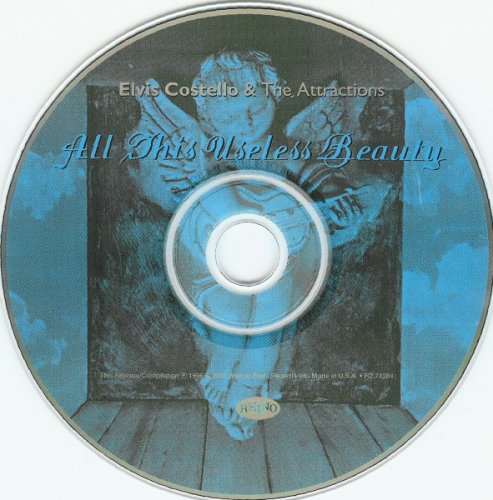
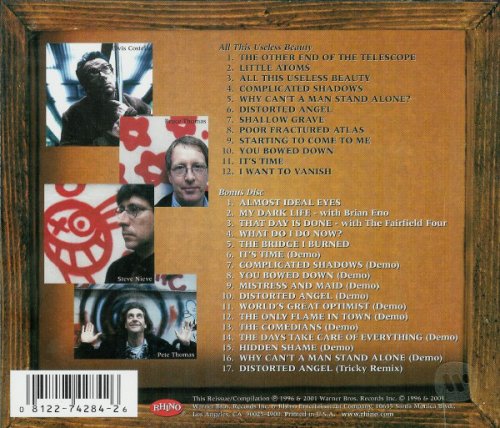
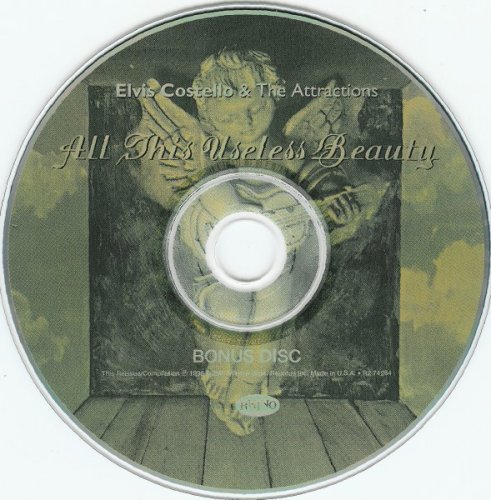
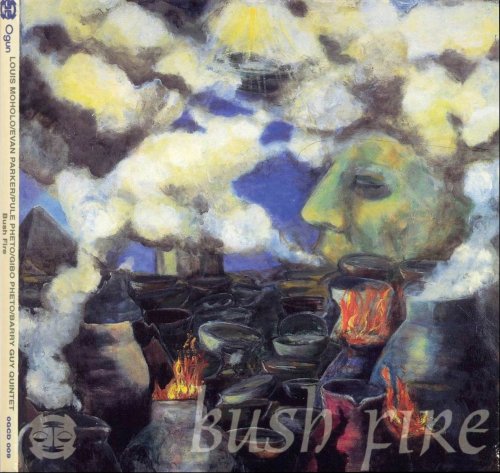
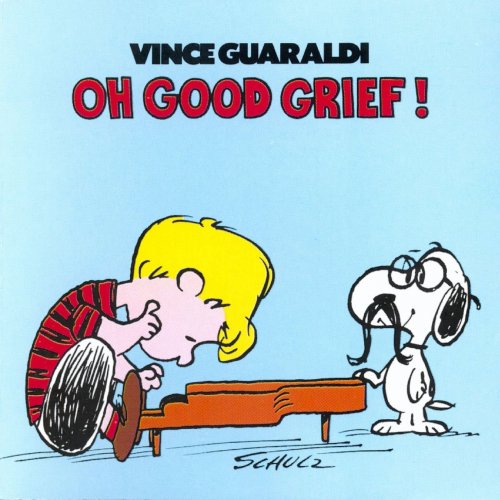
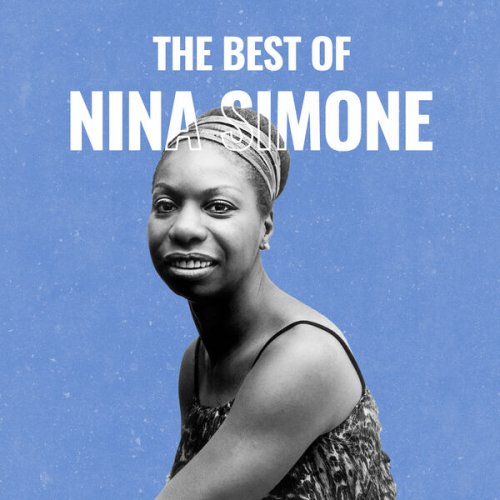

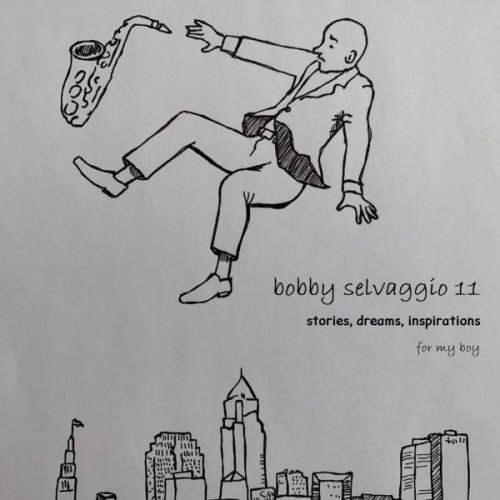
![The Second Hand Orchestra - SNOW, This Is Christmas (2025) [Hi-Res] The Second Hand Orchestra - SNOW, This Is Christmas (2025) [Hi-Res]](https://img.israbox.com/img/2025-12/29/rduearbt1v1wv82iyir3kdf41.jpg)
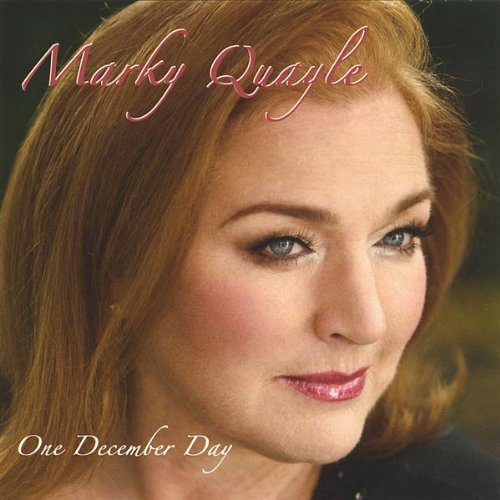
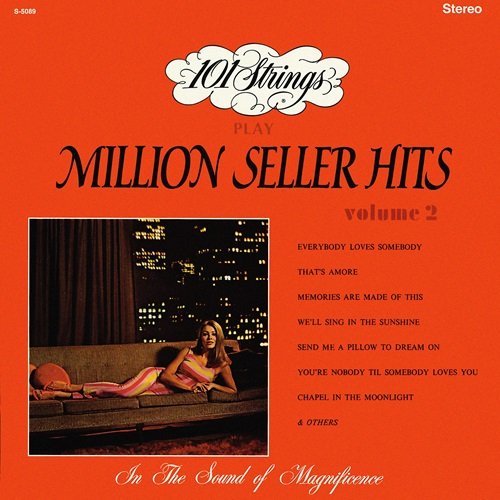
![Nighthawks - Paris Dakar (2025) [Hi-Res] Nighthawks - Paris Dakar (2025) [Hi-Res]](https://www.dibpic.com/uploads/posts/2025-12/1767093398_folder.jpg)